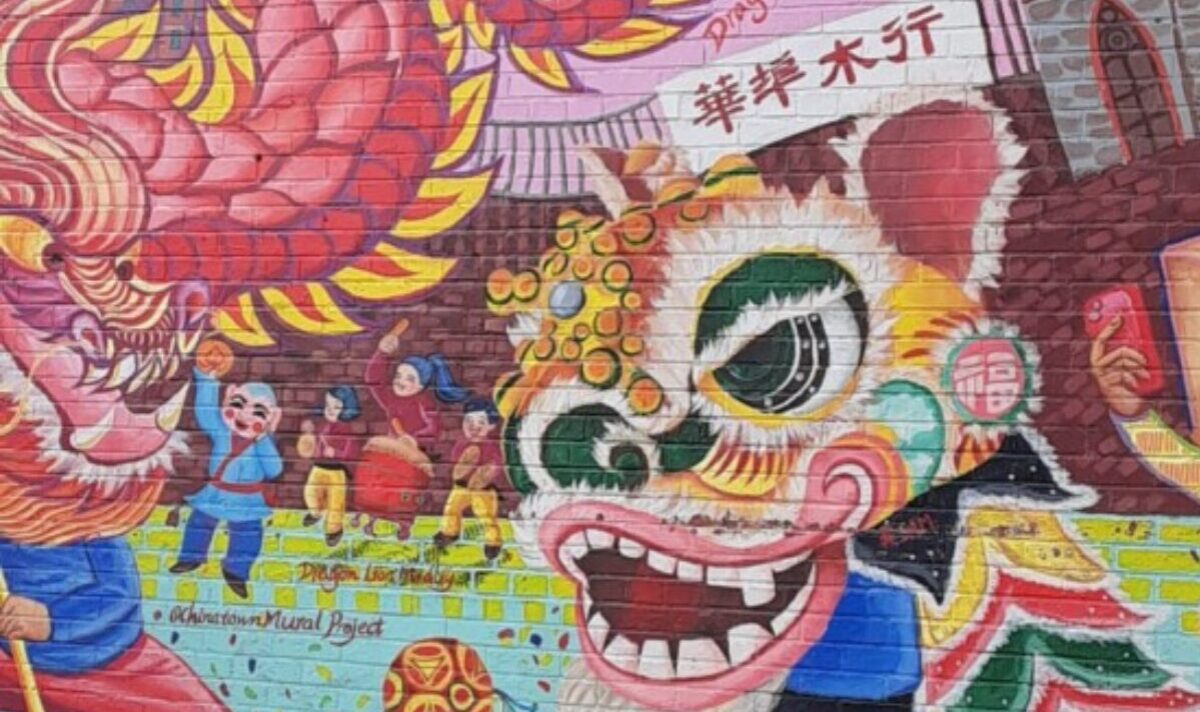Part 1: MLA Citation
Anie, Sussie. “I Was Drinking Coffee for All the Wrong Reasons, so I Swapped It for a Gratitude Journal | Sussie Anie.” The Guardian, Guardian News and Media, 31 July 2023, www.theguardian.com/commentisfree/2023/jul/31/drinking-coffee-why-i-quit.
Part 2: Summary
In the opinion article “I Was Drinking Coffee For All The Wrong Reasons, So I Swapped It For A Gratitude Journal”, by Sussie Anie tells us how she relied on coffee, and it became a part of her which became a problem until she exchanged coffee for healthier alternatives. According to Anie caffeine made her more sharp, comfortable, and bettered her mood and even though it made her dizzy, jittery and anxious she wouldn’t give up her cup of coffee in the morning. Anie emphasizes her addiction for coffee by expressing how her sleep cycle was deteriorating and her anxiety worsened and still wouldn’t stop drinking coffee. Anie mentions how her experience with coffee was very negative on her lifestyle so she began journaling as a healthy alternative, and it brought clarity and fullness in her life. She concludes with expressing how caffeine negatively impacted her, so she took it upon herself to start journaling and create better habits.
Part 3: Reflection
“I can’t remember when my love of coffee grew into a problem.”
I have been drinking coffee since I was young, but never realize that I became reliant on coffee until I got older and began to drink more. Now, if I don’t have coffee, I get bad headaches and it’s hard to function for the rest of the day or until I get caffeine in my system. I feel like this because of this I should try cutting back on my coffee intake. Sussie mentions how caffeine makes her more comfortable and I feel that relying on caffeine to feel comfortable in different environments is unhealthy and that is a valid reason to stop drinking coffee. She also mentions feeling dizzy, jittery and anxious while she drinks coffee and I personally don’t experience those negative effects, which is why I believe that each person should be able to determine whether caffeine is good or bad for them and if they quit or not. I believe that the writer does a good job of persuading people to find solutions if they believe they have a problem and showing that there are different and healthy solutions.
Part 4: Rhetorical Analysis
This is an opinion article by Sussie Anie. Sussie Anie holds an MA in creative writing from the University of Anglia with writing published in Lolwe, and shortlisted for the white review short story prize 2020. Her purpose for writing this article is to advise the public to find positive and healthy alternatives to drinking coffee, if you find coffee giving you negative effect. Her writing style is persuasive because she provides her personal experience and opinions to express her writing purpose. Anie wrote this article recently because we continuously see people who drink, and rely on coffee on a daily basis. She uses the rhetorical appeal pathos and uses her personal experience and emotions to appeal to the reader. This source has strong credibility and was published by The Guardian, a trustworthy UK newspaper ranked most trustworthy by 73% regular readers.
Part 5: Quotables
“I’d always struggled with insomnia, and although caffeine made it worse, I craved a morning cup to vault me into wakefulness. Once at work, I drank more to boost my mood throughout the day.” (Anie)
“I transformed. I became sharper, more comfortable in my skin. There were worse stimulants to rely on, or so I told myself.” (Anie)
“The shift, though gradual, proved to be a profound transformation. Instead of craving coffee first thing, I’d wake up contemplating blessings. In the past, starting my days with coffee set me up for feeling inadequate; by contrast, gratitude journalling clarified the fullness of my life.” (Anie)
“Drinking coffee was exhilarating and shrill and launched me into euphoria, but gratitude journalling grounds me; I now have a clearer view of what I need and what I can give.” (Anie)
“Simple highs such as making music, long phone calls with loved ones and dancing – activities that lift my spirit with a lightness that no cup of coffee ever could.” (Anie)




I really like your topic. I really felt this when you said “According to Anie caffeine made her more sharp, comfortable, and bettered her mood and even though it made her dizzy, jittery and anxious she wouldn’t give up her cup of coffee in the morning. Anie emphasizes her addiction for coffee by expressing how her sleep cycle was deteriorating and her anxiety worsened and still wouldn’t stop drinking coffee.” I personally would drink so much coffee not knowing how it would affected my body. Until one day it caught up to me, I began having anxiety attacks because I had excessive caffeine. I never knew when to stop. I also really like your quotables, it all adds up and supports your writing.
I think there are a few MIs you have missed. There are some supporting details of her personal story that would help your summary.
Can you add more of your own original thinking on at least one more of Anie’s MIs. As for myself, I read and found that it was an interesting and uplifting article. I particularly liked the writer’s emphasis on a gratitude journal.
Otherwise, good work.